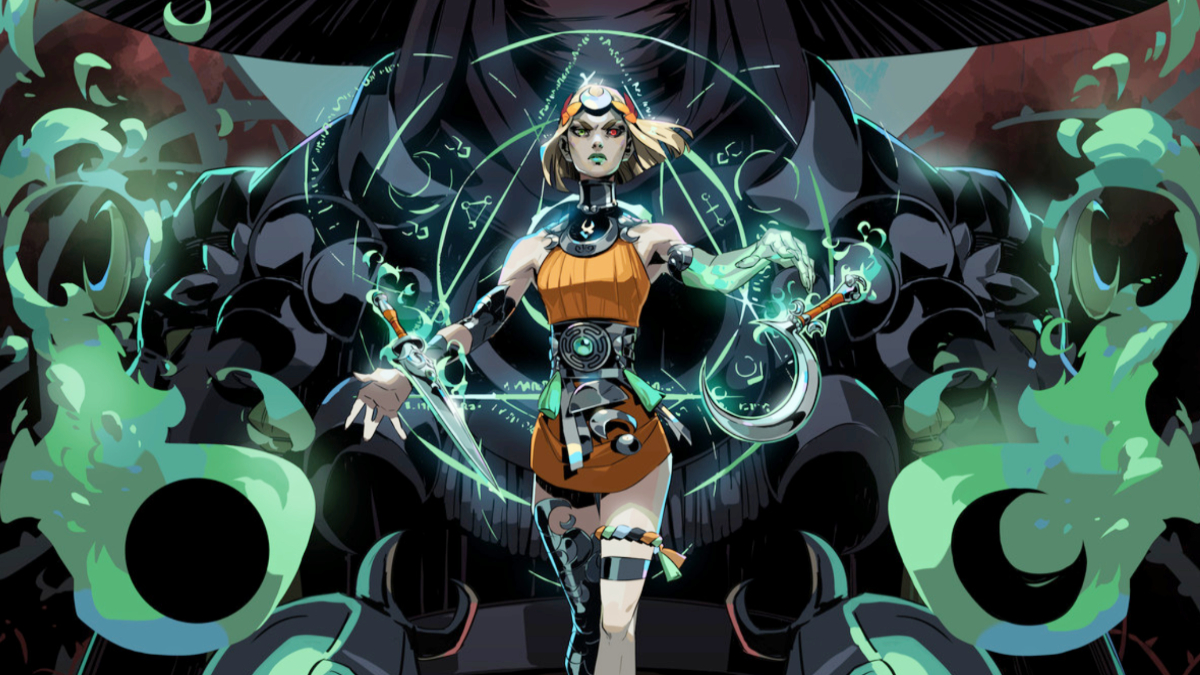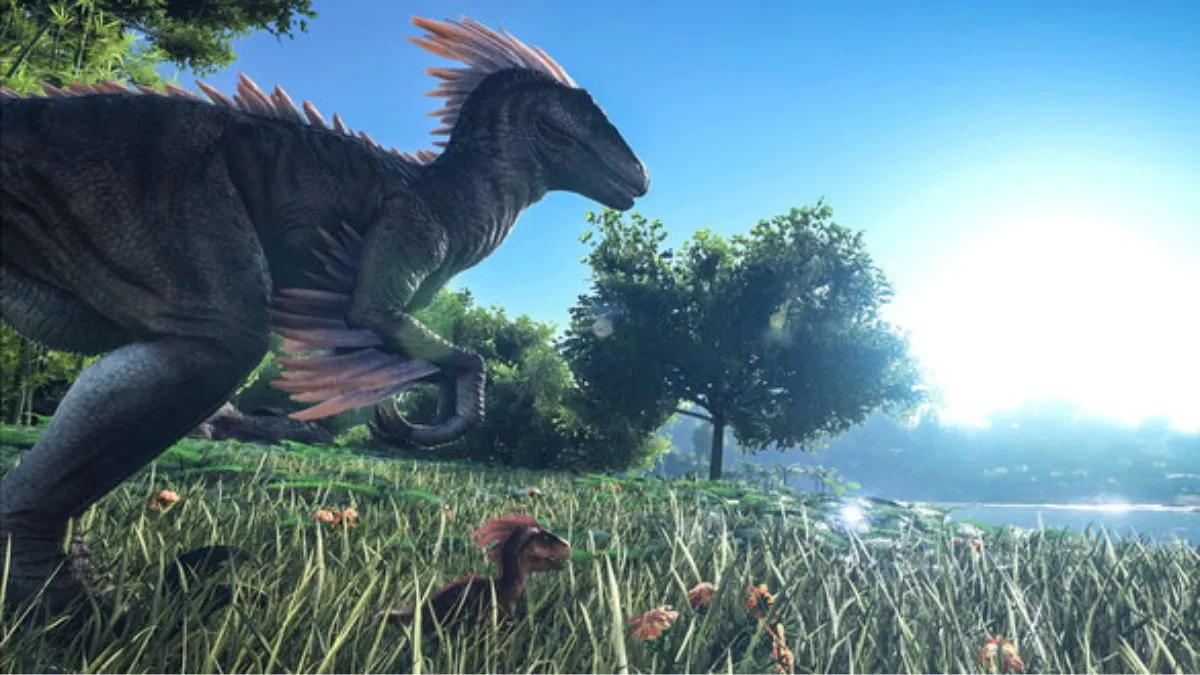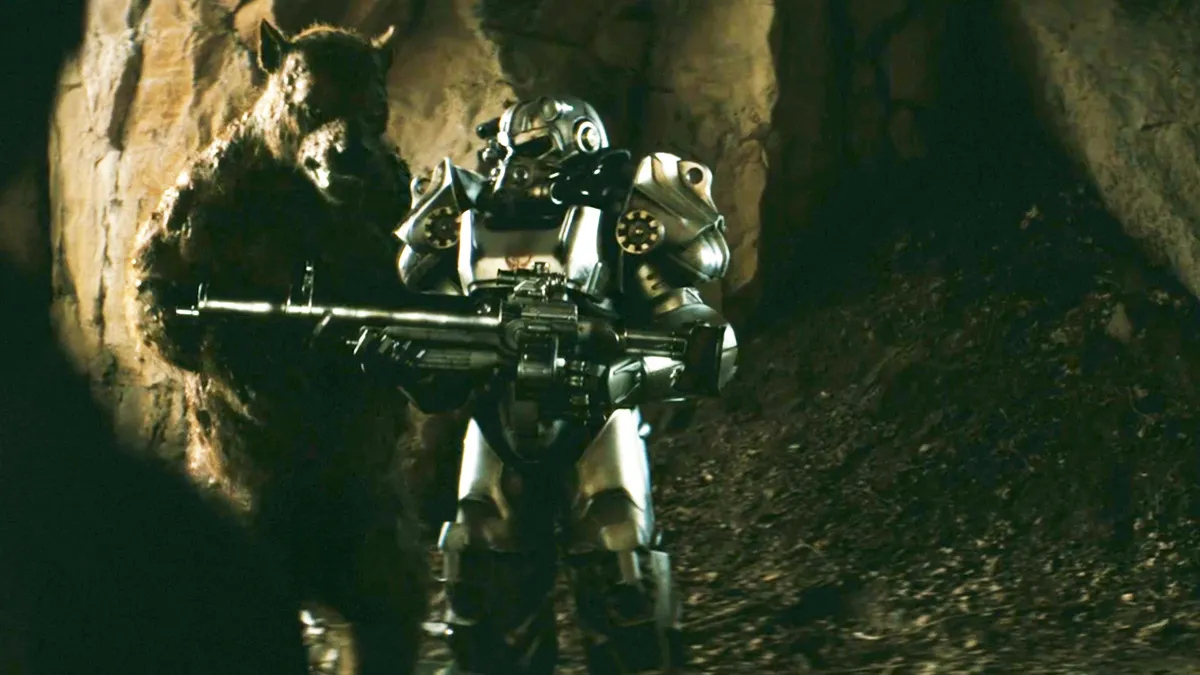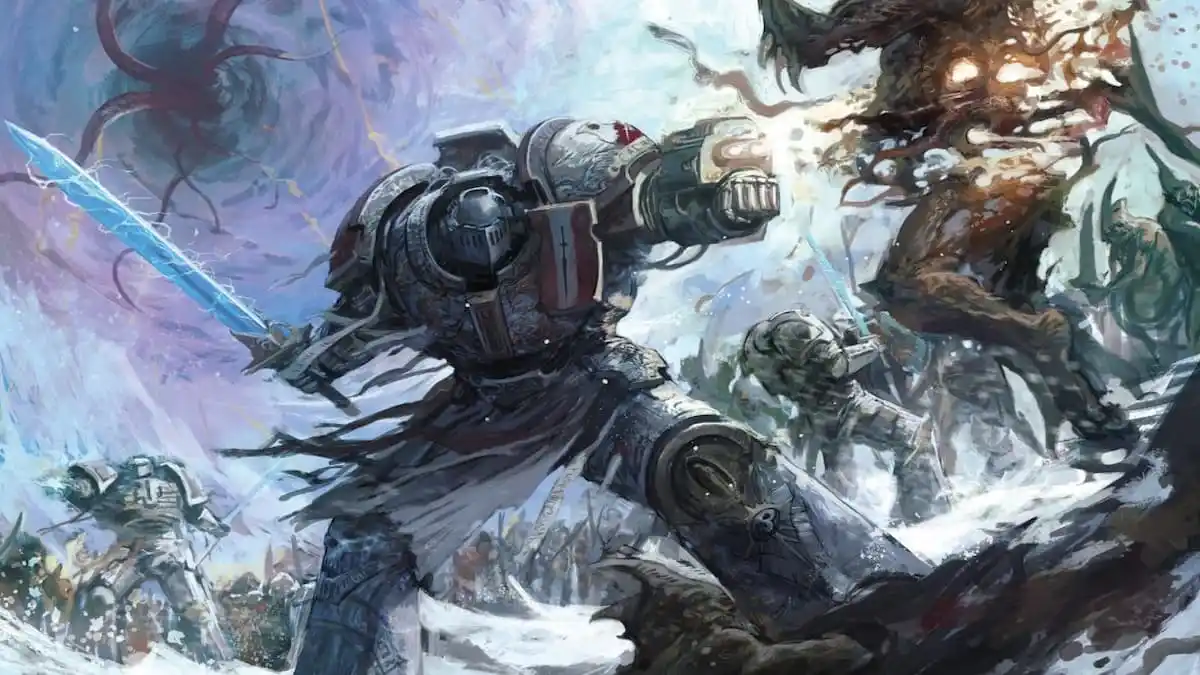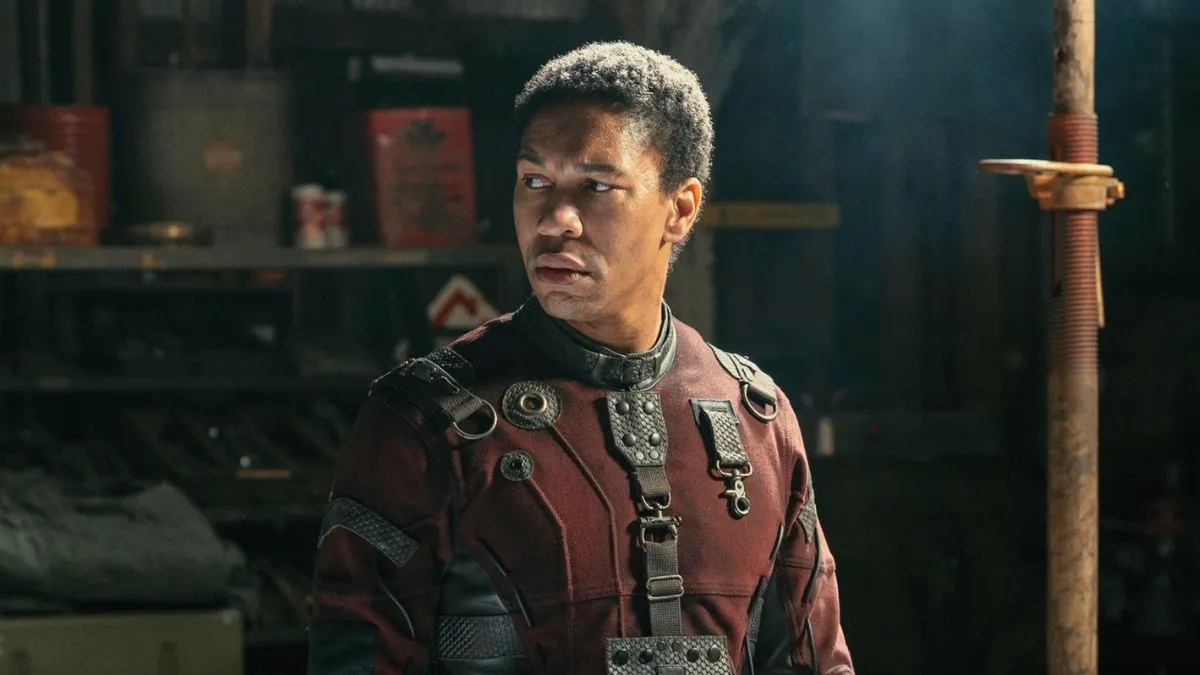
The development history behind Rodea the Sky Soldier is a troubled and unorthodox one. Developed by Prope and designed by Yuji Naka of Sonic the Hedgehog and Nights into Dreams fame, the title originally wrapped development as a Wii exclusive back in 2011. The release was held back several years, during which a 3DS port was additionally developed and the original version was revamped to be a Wii U title.
With such a long development period, and an iconic figure like Naka on board, one would hope that the final product would be memorable. Unfortunately, that is far from the case. Rodea is, unfortunately, visually bland, tricky to control, and usually more frustrating than fun. It shows its age in many aspects, and feels like a botched transition between consoles in terms of the control scheme and mechanics. Players looking for the next Japanese sleeper hit will have to look elsewhere.
The story begins with a prologue chronicling the invasion of the floating continent Garuda by the power-hungry kingdom of Naga. The titular Rodea, a protective robot with flying abilities, is sworn to protect Cecilia, the princess of Naga, but she ends up going against her father’s wishes and stealing an artifact that’s important to her nation’s success, as well as sending Rodea into a millennium-long hibernation after telling him to protect Garuda.

Centuries later, Rodea’s inert body is revived by a plucky mechanic named Ion, though he wakes up with a case of amnesia regarding his past. When Naga’s emperor starts another attempt to conquer Garuda, Rodea remembers Cecilia’s final request to stop the invasion, and sets off with Ion across the world of floating islands to take down Naga’s armies.
Though dialog and cutscenes aren’t sparse, the game still sports a thin and forgettable story. The characters aren’t interesting, and the plot is forgettable. Furthermore, Rodea’s amnesiac shtick is beyond played out in the world of Japanese games.
The actual gameplay for Rodea is very unique. You actually spend very little time on foot, as you have the ability to target environmental objects, items, and enemies with the right analog stick, and send Rodea flying towards them with the push of a button. This also serves as your primary way of attacking, as holding down another button will double Rodea’s speed and cause him to rapidly spin for extra damage. Players still have to be careful not to fly nonstop, though, as Rodea has an energy meter that gradually drains as he flies, which will lead to death if it runs all the way out.

Despite being creative and unique, the way this whole system is pulled off results in far more frustration than fun. The right analog stick feels too sensitive and imprecise for easily locking on to specific elements, and Rodea’s movement when flying feels slow and unresponsive. Apparently, the original Wii version of the game made use of the Wiimote’s motion controls and allowed players to manually aim for more precise targeting. It’s baffling that the option to use Wii controllers has been removed completely from the final retail game, as it would probably result in a much more enjoyable experience.
Other elements also result in a far from satisfying experience. The graphics look straight up crummy, with blurry textures and bland, sparse environments. As a result, the game feels more like a rushed remaster of a Wii game than one where the developers took the time to touch things up a bit. It also incorporates a finite lives system in the worst way. If you finish a level with one life left, it will stay that way if you go into a new level, and even if you turn the game off and come back later. Considering that many levels are both overly long and often have frustrating segments that are difficult to nail on the first try, players can look forward to having to slog through missions that last upwards of 20 minutes again and again.
When the only genuine praise you can give a game is that some of the music and character designs are good, something’s wrong. Rodea the Sky Soldier feels like a title that should have been so much more. It’s entirely possible that some of the bigger issues could have been prevented if the original control scheme was still included, as it sounds far more efficient, but unfortunately, that’s not the case. This is a lame, forgettable and often frustrating experience that Wii U owners shouldn’t bother with.
This review is based on the Wii U version, which was provided to us.


